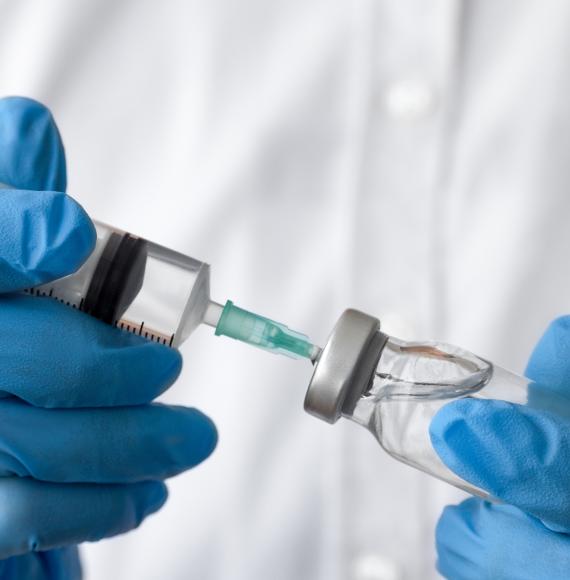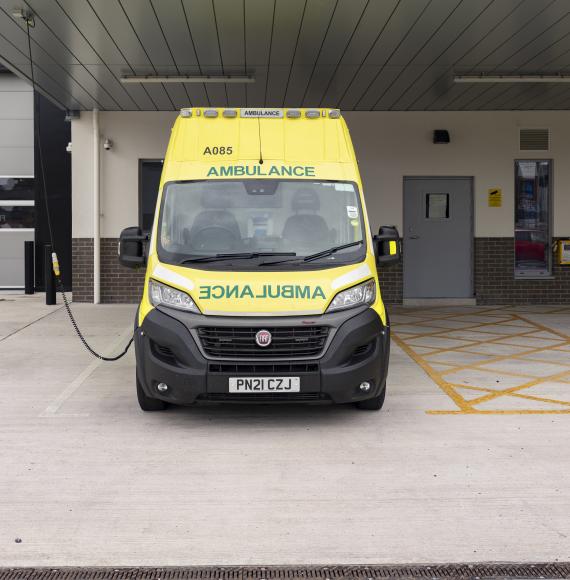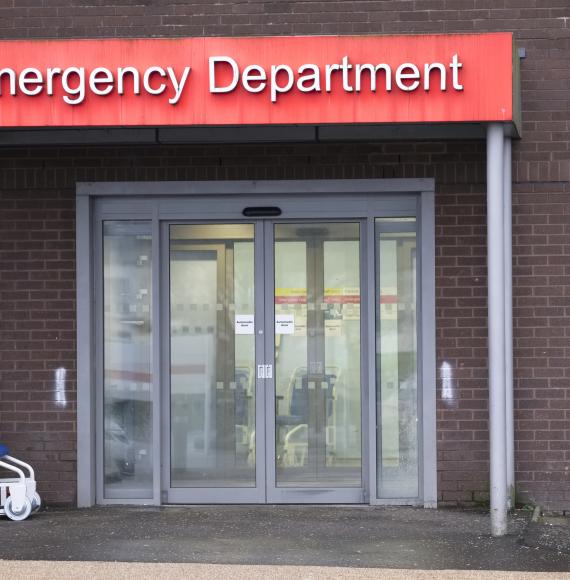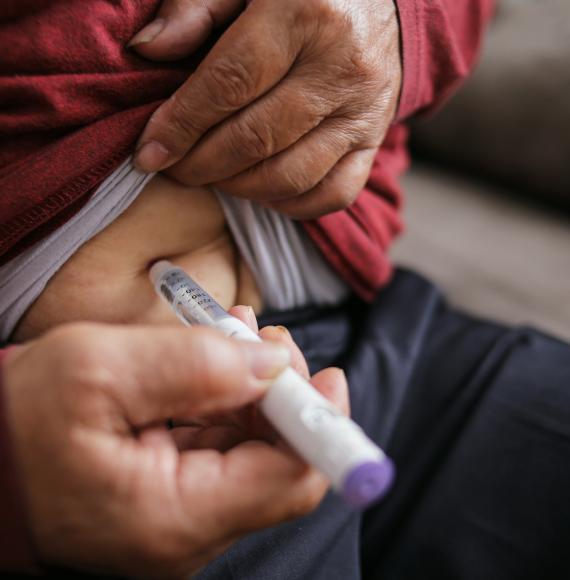The Government have backed their Mental Health Recovery Action Plan with £500m funding to help support people with mental health difficulties, ranging from severe mental illnesses such as bipolar and schizophrenia through to more common mental health issues such as anxiety and depression.
Aiming to respond to the impact of the pandemic on mental health, the plan specifically targets groups who have most impacted including those with severe mental illness, young people and frontline staff.
Under the plan, treatments such as talking therapies (IAPT services) will be expanded, which offer confidential treatment for conditions such as anxiety, depression and PTSD.
Backed by an additional £38m funding, these NHS services are anticipated to support 1.6 million people accessing IAPT treatments in 2021/22.
Additional therapists are also set to be trained to support those with more complex mental health needs, as a result of the pandemic.
Enhanced mental health services in the community, to support those living with severe mental illness, will also benefit from £58m funding. This will support more joined up support between primary and secondary care, including specialist mental health staff embedded in primary care.
Health Secretary Matt Hancock said: “Our Recovery Action Plan, backed by £500 million of funding will accelerate the expansion of mental health services and provide people with the support they need.
“As part of our response to this global pandemic we not only want to tackle the public health threat of coronavirus but ensure our clinicians have the resources to deal with the impact on people’s mental health.”
Minister for Mental Health and Suicide Prevention Nadine Dorries added: “I am acutely aware of the impact the pandemic has had on the mental health and wellbeing of many. The public has shown great resilience during these challenging times, but some groups including young people and those with severe mental illness have been impacted more than others.
“This funding will support these groups, both in initiatives specifically designed in the wake of the pandemic, and by enabling us to bring forward our NHS Long Term Plan commitments.
“For anyone who is feeling they need support, I urge you to reach out. Our mental health services are here for you.”



















